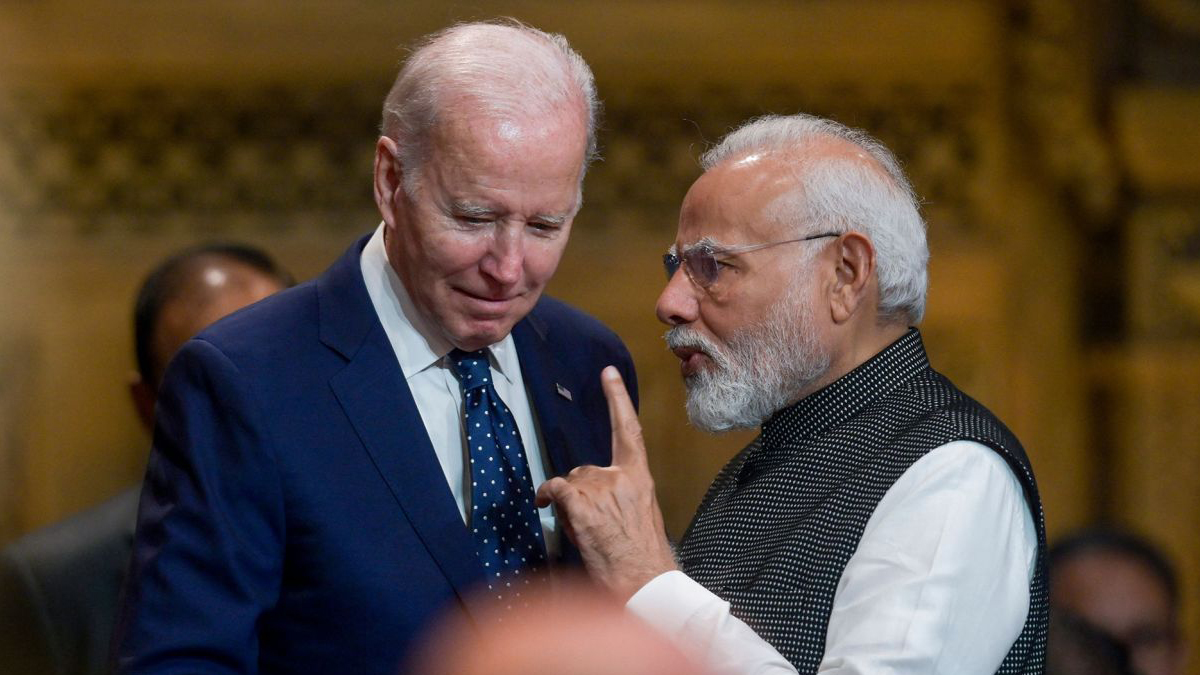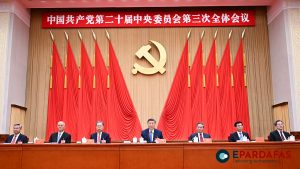
G20 Summit : Key Agendas for Bilateral Talks Between Modi and Biden
The White House anticipates significant advancements in discussions related to GE jet engines and civil nuclear technology during the forthcoming bilateral talks between US President Joe Biden and Prime Minister Narendra Modi, stated national security adviser Jake Sullivan during a press briefing on September 7.
In an announcement earlier this year, General Electric’s aerospace division revealed a collaboration agreement with India’s state-owned Hindustan Aeronautics to jointly manufacture engines in India for use in fighter jets for the Indian Air Force.
During the Group of 20 (G20) summit in India and a visit to Vietnam, President Joe Biden aims to demonstrate that the United States and its like-minded allies make superior economic and security partners compared to China.
White House officials have outlined that Biden, will leverage the annual G20 event to propose a plan for developing and middle-income nations that would augment the lending capabilities of the World Bank and International Monetary Fund by approximately $200 billion.
This proposition is designed to present an alternative, albeit smaller, to China’s extensive Belt and Road infrastructure initiative, which the US perceives as a cover for China-led regional development and military expansion. Chinese President Xi Jinping has opted not to attend the summit, with Premier Li Qiang representing the nation instead.
Following the G20 summit, Biden will meet with Vietnamese General Secretary Nguyen Phu Trong in Hanoi, where they are anticipated to unveil plans for enhanced economic collaboration.
Leaders of the U.S., India, Saudi Arabia, and the United Arab Emirates have been working towards finalising a joint infrastructure agreement that may be announced in New Delhi. This arrangement is expected to involve ship transit between India and Saudi Arabia, followed by train transit through Saudi Arabia and the UAE, likely to Jordan, and then ship transit to Turkey, with onward travel by train.
White House national security adviser Jake Sullivan couldn’t confirm the deal but emphasised the strategic and economic benefits it could bring to the involved nations. He said, “We believe that connectivity from India across the Middle East to Europe is incredibly important and would bring a significant number of economic benefits, as well as strategic benefits, to all of the countries involved.”
(With inputs from Reuters)













Comments